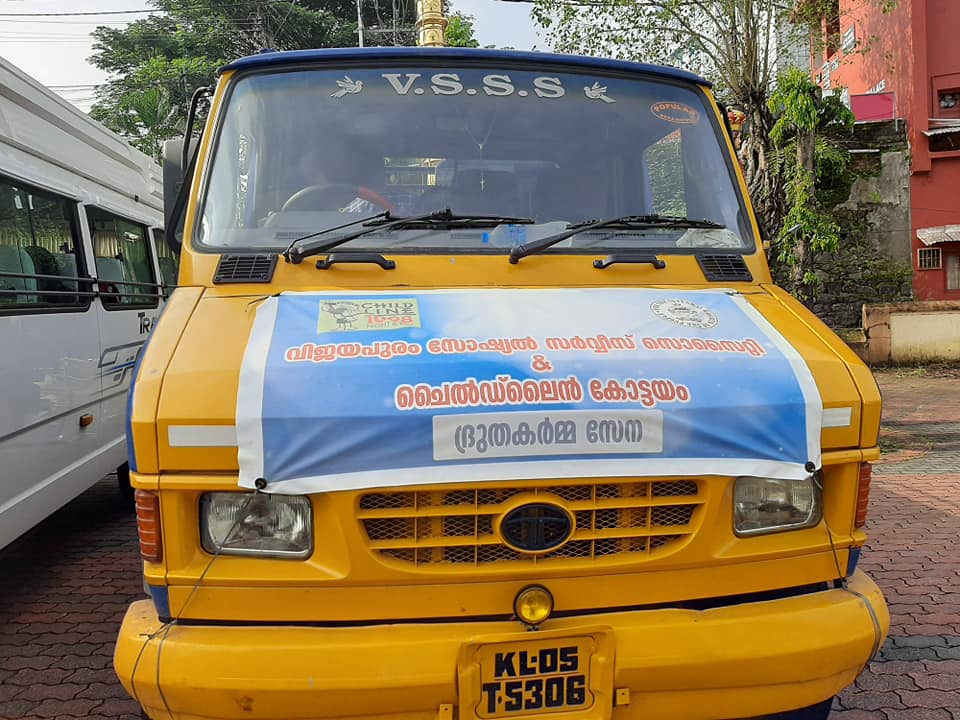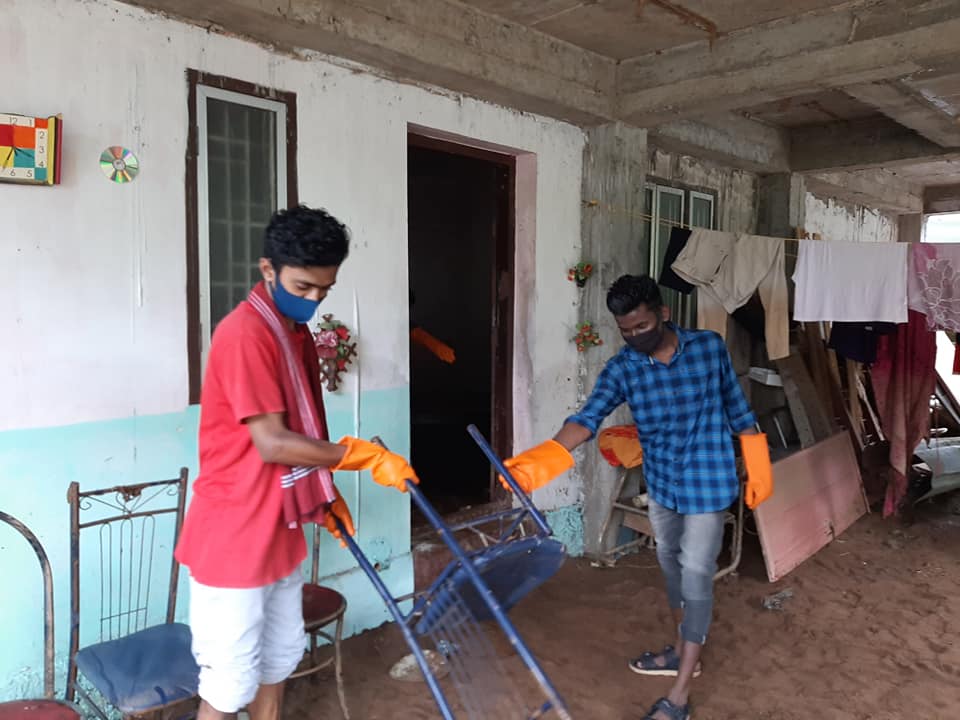Disaster Risk Reduction
- What We Do
- /
- Disaster Risk Reduction
How We are Lensing A Hand to society
Disaster Risk Reduction
Kerala is among the world’s most disaster-prone areas exposed to recurrent natural hazards such as landslides, floods and droughts. Climate change and environmental degradation have further compounded the frequency and intensity of disasters along with increasing the vulnerability of key assets including people.
People’s lives are affected adversely including, dropping out of school due to schools being used for other purposes such as shelters during natural disasters, missing immunization due to disruption of health services and the non-availability of nutritious food, clean water and sanitation facilities leading to malnourishment and diseases. Considering the frequency of recurrent floods, droughts, sustainable Disaster Risk Reduction programmes evolved.
Our Context

Situation of disaster is all the more frequent in our operational areas of Idukki, Kottayam, Pathanamthitta and Alappuzha district and Kuttanadan Belts in Alappuzha Districts.
Our operational areas of Ranni, Maramon, Thiruvalla, Vanavathukkara, Poovam, Nedunudy, Vaisiambhagom, Veloor, Chengalam, Puillarikunnu, Kunnumbhagom, Manipuzha, Kodimatha, Nattakom, Padinjarekurichy, Thellakom, Vettimukal, Thiruvanchoor and Nattasserry are flood prone areas. The entire area of Idukki is prone to landslides, earth slides, heavy water currents and floods and Tree falling. Almost every year we have the report of deaths, loss of landed property, agriculture and destruction to houses. Flood 2018 was one of the worst disasters that the State of Kerala witnessed since the last 100 years. Over hundreds of people lost their lives, thousands lost their homes and were displaced. Thousands lost their means of livelihood and home appliances and utensils. Flash floods, landslides, mudflow and prolonged water logging had destroyed or damaged a large number of toilets, open wells, tube wells, piped water supply systems etc.
We conducted an updated risk analysis of the shocks and stresses on People’s well-being and their communities, focusing on the underlying causes, and vulnerability of communities. These evidential data informed us on the necessity to concentrate more on risk-informed programming to strengthen the resilience of the communities and reduce disruptions in the delivery of services, thereby minimizing the impact of disasters.
We launched a disaster-risk reduction and social cohesion as priorities to be addressed in its Community Development Programme since 2018, with the support of Caritas India… Areas of focus are the formation and strengthening of the capacities of the local leaders so as to effectively manage disasters and building community capacities, to lead disaster risk reduction. We integrated risk reduction strategies into the livelihood, health, nutrition and water and sanitation sectors to build resilience. Our risk analysis is centered to ensure that they include the impact of natural and man-made hazards and conflict on People’s well-being and their communities…
We are collaborating with the District Disaster Risk Management Governance Systems and institutions at all levels, and get support from them to implement People-centred, risk-informed programming plans and strategies, focusing on strengthening livelihood, public health systems; improving water security and overall flood and drought preparedness; expanding community-friendly spaces; improving readiness to support social sector recovery; for relief operations. We are the member of the District Inter-Agency Group headed by the District Collector.
Our programmes empowered the youth and adolescents to assess and understand their risks with scientific temper and take actions to build resilience. They, in their role as agents of change and future leaders, are encouraged to further apply the risk knowledge and skills to build the resilience of the local community. care and attention is given to people who are vulnerable to disease, malnutrition and violence and people in dire need of life-saving multi-sectoral assistance.
We have given various training to the volunteers in disaster management and risk reduction emergency preparedness and response mechanisms during emergencies and humanitarian contexts to enable an effective emergency response to the humanitarian crisis, considering Society’s capacities.
To ensure sustainability we have formulated the following structures and systems. :
- Ward Development Plan
- Community contingency Plan
- Ward Development Management Committees
- Task Forces
Adequate training is given to the Taskforce and volunteers highlighting their roles and responsibilities in emergency situations.

